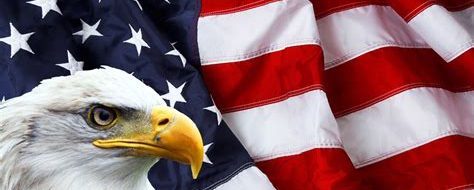Justice, Revenge, or Liquor
Justice, Revenge, or Liquor?
The callousness of the George Floyd’s arresting police officers in Minneapolis, MN, if the news reports bear any resemblance to the truth, is appalling. Where were the supervisors to stop the knee to the neck?
In this case, it probaly contributed to the death of Mr. Floyd. With the preliminary information we have, the officers’ firings seem justified.
Now, some in the city are protesting against the apparent brutality of the incident, calling for “justice.” I wonder if those demanding “justice” have “revenge” in mind, instead.
I get the frustration. There are times when government officials seem blind and deaf to the concerns of citizens. The sense of powerlessness is often palpable. The selective unresponsiveness by government official feels especially egregious in the midst of the “stay-at-home” orders that seem not to affect those in political power. After all, they’re still getting their paychecks when others are not.
When a travesty, such as the Floyd incident seems to be, the frustration engendered by that sense of having no influence over officials boils over, and protests ensue.
However, we must not let our sense of outrage in the face to apparent voicelessness itself become pointless. What does looting a liquor or department store, setting fire to service stations, or setting fire to apartment buildings have to do with demands for fair treatment from police, or for punishment of Floyd’s arresting officers? The only goal it achieves is to distract from the message of the civil protest, and diminish the empathy of onlookers.
The Irony of Civil Violence
One of the ironies of civil violence as a reaction to the injustice of Floyd’s death is the power such violence grants to those in power. The arson, riots, and looting that take place force a reaction from government to subdue it by means of greater force, i. e., state police, national guard, and so on. The violence also grants government officials the justification to clamp down even more tightly on civil liberties once the emergency is over since it is glaringly obvious to them that greater control is necessary to avoid future violence.
A second irony in Minneapolis is that the mayor and governor of Minnesota are Democrats. Granted bad apples (i. e., the police officers present during Floyd’s arrest) are bad apples. But, we can be fairly certain that city and state appointees, like the police chief, have political viewpoints similar to those that appointed them. If the Democrat mayor and governor slow-walked the investigation and arrest, how are Republicans responsible for the riots?
Chickens Come Home to Roost
A phrase I learned some years ago goes something like, “chickens come home to roost.” The underlying meaning suggests that if you start something, or say something, it will likely return to haunt you. So it seems with political correctness.
Through the images we see daily, there seems to have been reticence on the part of municipal leaders to aggressively curtail civil violence. I wonder if that reticence is a product of attitudes over political correctness; “We don’t want to project force because it will seem like we are against civil protest.”
Civil violence, that is rioting, looting, arson, and assault, etc., is not on a par with civil protest. Civil violence is not on a par with civil protest! Civil protest is a constitutionally protected right. Violence is not.
